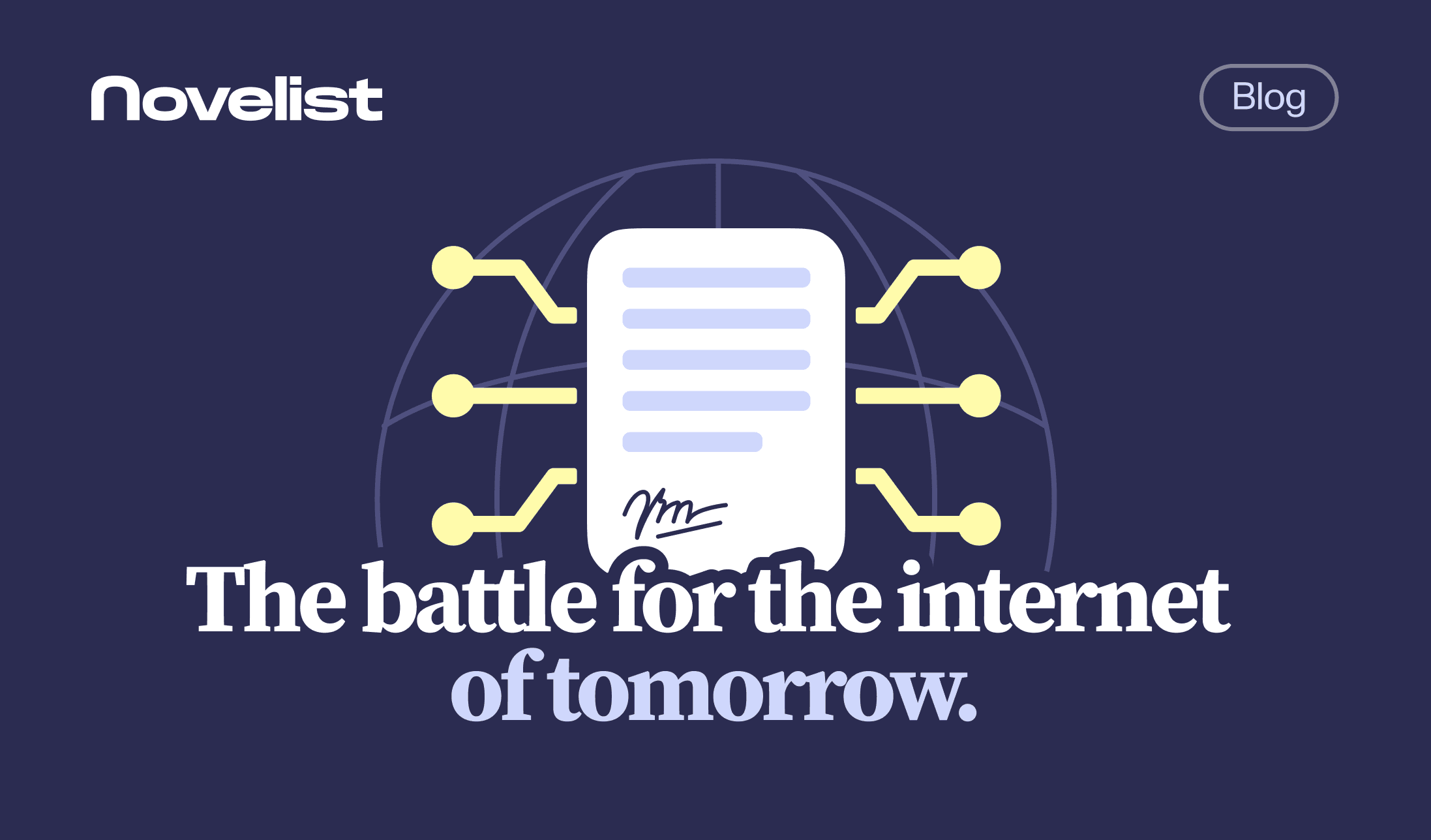Updated on August 4, 2025
The battle for the internet of tomorrow.

Smart contract platforms are not building on top of the old internet. They are rebuilding it from the ground up. With different rules, different infrastructure and a fundamentally different premise: ownership.
Why the internet needs to be reinvented
The internet has connected us, informed us and accelerated everything. But it has also created a digital economy in which users have little control. Your data isn’t yours, you earn nothing from the value you create, and your identity depends on accounts with centralized platforms. Whether you get access to a service, or are even visible at all, is decided by a handful of companies.
Smart contract platforms aim to change that. Not by replacing a few services, but by rebuilding the foundation itself. Instead of apps running on centralized servers, applications are built on open networks. Instead of accounts, you use a wallet. And instead of handing over your data, you contribute to what you use – and can earn from it too.
What makes smart contract platforms so powerful
At the core of this new internet are smart contracts: pieces of software that automatically execute agreements when certain conditions are met. They make it possible to build financial apps without a bank. Marketplaces without owners. Social networks without centralized algorithms.
It may sound abstract, but it’s already happening. Networks like Ethereum and Solana, currently the largest examples, form the base layer for a new generation of apps. Often built by small teams, but open to everyone. And because these networks use tokens as a reward mechanism, users can not only participate, but also become co-owners.
A new digital order
What’s emerging is more than just a technological upgrade. It’s a shift in power. The power to grant access, set the rules and capture value. In the old internet, those powers were concentrated in the hands of a few companies. In the new internet, they shift to networks, and thus to the people who participate in them.
That shift won’t happen without resistance. Regulators, tech giants and traditional financial institutions are trying to defend their positions. But the logic of this new infrastructure, open, programmable, decentralized, is hard to stop. Especially as more developers, entrepreneurs and investors get involved.
That’s why it’s worth understanding what this movement is really about. Not just as an investor, but as a user of the internet. Because this isn’t about the distant future. The internet of tomorrow is being built right now.